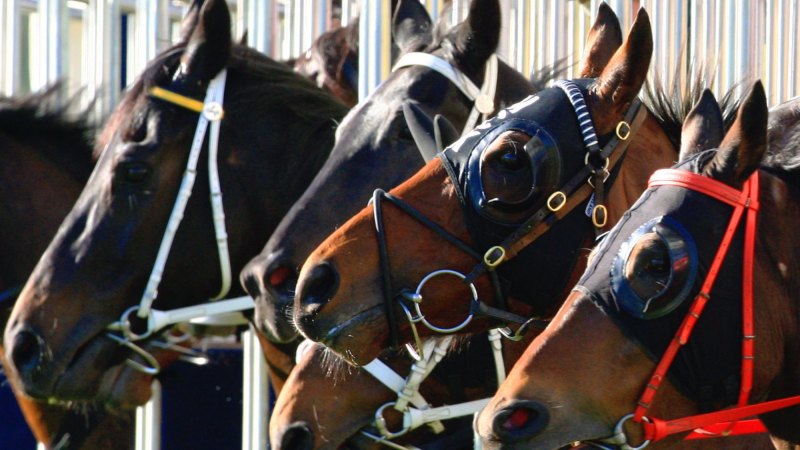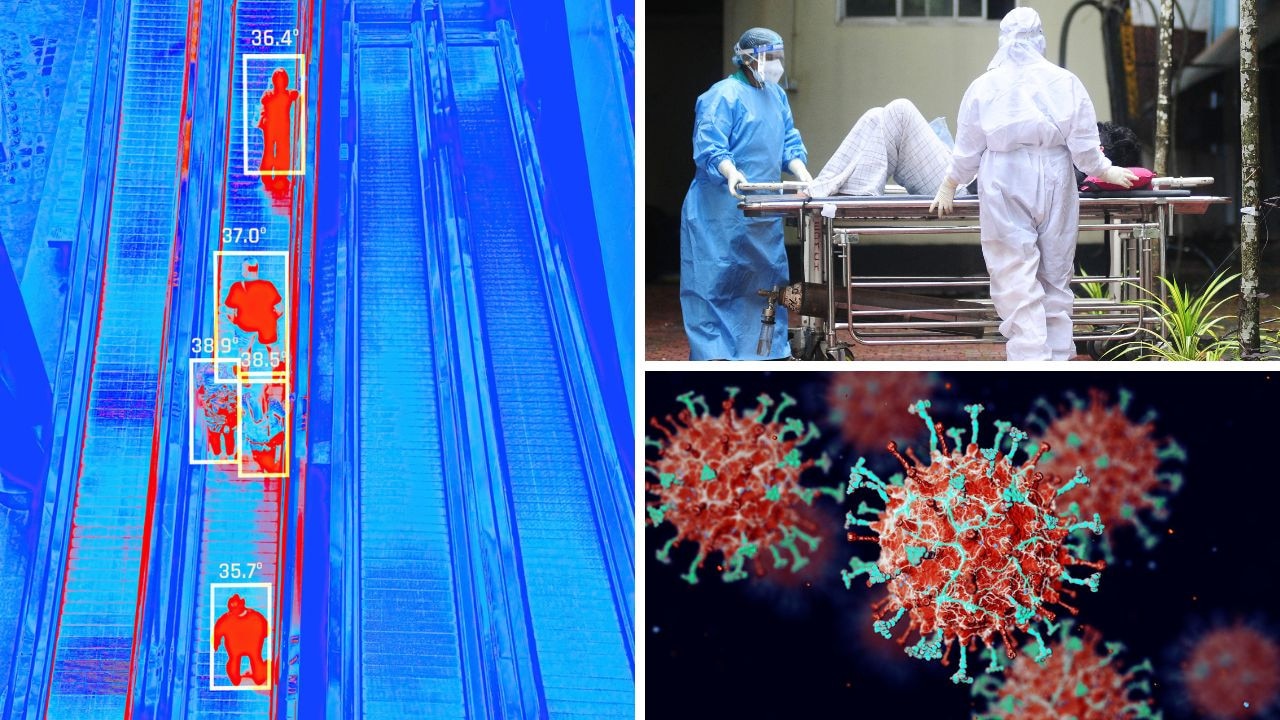
Importers of plants are raising alarms over significant delays at the Sevington border control post in Kent, which threaten to increase prices and disrupt deliveries from the European Union. The facility, established to inspect goods of plant and animal origin, has become a bottleneck for traders, leading to long waits and costly damages to shipments.
Reports indicate that importers have faced extensive delays at the Sevington facility, located near Ashford, particularly in recent weeks. One importer noted that the added costs from delays could reach up to £200 per load. There have also been multiple accounts of damage to trees and shrubs during the inspection process, as goods are unloaded and reloaded onto trucks.
Since the implementation of Brexit, all plant and animal products entering the UK from the EU have been subject to rigorous sanitary and phytosanitary (SPS) controls, requiring extensive paperwork and inspections. Products categorized as high or medium risk, such as bedding plants and cut flowers, are particularly affected. These measures aim to bolster the UK’s biosecurity by preventing the entry of harmful plant and animal diseases.
Several traders have reported that trucks have been held at the Sevington border post for several days before being cleared. Karl Clark, co-founder of Premier Plants, shared an example of a recent shipment of olive trees from Italy that was delayed for five days. “It’s frustrating and adds cost. We have been importing plants from Italy for over 20 years and never had these sorts of problems before Brexit,” Clark stated.
Delays at the Sevington facility have varied, according to John Davidson, finance director at Tom Brown Wholesale, which imports cut flowers and plants daily from the Netherlands. He described the situation as “going in waves,” with sporadic delays that can significantly impact business operations. “An hour or two delay can really set us back,” Davidson noted.
The timing of these delays is particularly challenging as the demand for plant imports rises following the slower summer months. Clark emphasized that while current delays may not be catastrophic, they could have dire consequences during peak periods, saying, “You can imagine what it is like in the summer; the plants are going to cook or dry out.”
Marco Innocenti, who runs a family nursery in Tuscany, supplies Premier Plants and delivers to the UK twice a week. He recounted a recent incident where some potted plants arrived damaged, with broken branches and overturned pots. Innocenti described the situation as “unacceptable” and attributed the damage to careless unloading and reloading practices. “We cannot continue this way,” he said, urging authorities to recognize the seriousness of these issues.
The Sevington checkpoint incurred an estimated operational cost of £23 million for the last financial year. Companies utilizing the facility are subject to a “common user charge” of £29 for each species in a consignment, capped at £145 per delivery, regardless of whether the goods are inspected.
Originally criticized as a “white elephant,” the Sevington facility had not been fully operational until the UK began enforcing physical checks on plant and animal products from the EU in April 2024. Since then, traders have reported a notable increase in inspection requirements, coinciding with the announcement of Labour leader Keir Starmer’s “reset” deal with the EU.
The Horticultural Trades Association (HTA) and numerous traders are advocating for an SPS agreement with the EU that could eliminate the need for such border checks, although this agreement is not expected to be implemented until 2027. “The last few weeks have not been good at Sevington,” commented a logistics company. “Some companies are struggling with the costs and with damage. In the end, some exporters may decide to abandon the UK market.”
Sodexo, awarded a £184.5 million contract to manage the Sevington facility for three years from July 2023, oversees the operations on behalf of HM Revenue and Customs. The company Kuehne + Nagel conducts vehicle inspections at the site but did not respond to requests for comment.
In response to the ongoing issues, a government spokesperson reaffirmed the UK’s commitment to biosecurity, stating, “We are working with border control posts to ensure they operate effectively, and with traders to ensure checks are completed efficiently, swiftly and without significant delays.” The spokesperson also highlighted efforts to negotiate an SPS deal that could potentially add up to £5.1 billion annually to the UK economy by reducing costs and bureaucratic hurdles for producers and retailers.







